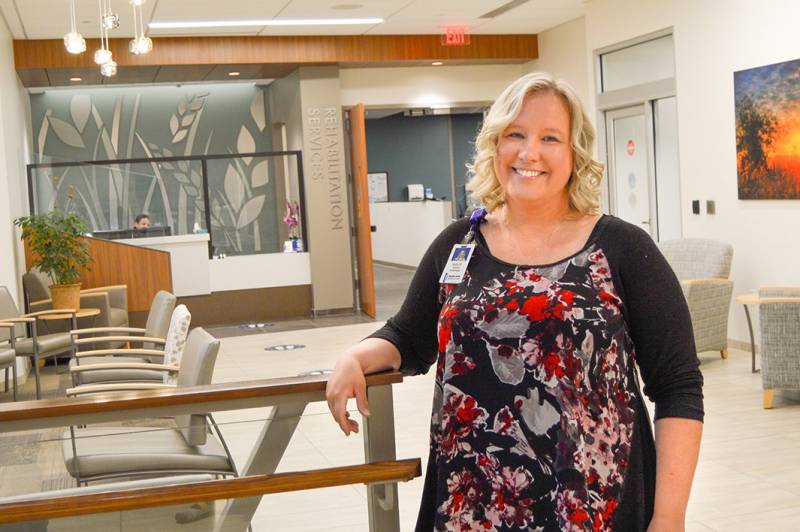Dysphagia is a medical term used to describe when someone has problems chewing and/or swallowing their food or liquids. Many may have occasional difficulty swallowing when they eat too fast or don’t chew their food well enough, but occasional instances are not a cause for concern. However persistent dysphagia may indicate a serious medical condition requiring treatment.
What are the symptoms of dysphagia?
Symptoms of dysphagia may include:
- Chewing for a long period of time, especially with meats.
- Taking longer than usual to eat a meal.
- Coughing or throat clearing during meals.
- Clear nasal drainage is usually noticed only when eating.
- A gradual decrease in appetite and meal consumption over time.
- Trouble swallowing.
- Feeling like food is sticking in the throat, and/or avoiding foods that are difficult to chew and swallow such as meat, breads, fresh fruit, and fresh vegetables.
What are the causes of dysphagia?
There are several causes of dysphagia. Dysphagia can be caused by general weakness which can be seen as people age or weakness after someone has had a significant decline following a surgery or illness. Dysphagia can also be caused by neurologic damage such as a brain injury or a degenerative condition such as Parkinson’s Disease. Patients who have head or neck cancer may also develop dysphagia.
If you think yourself or a loved one may have dysphagia, what should you do?
Dysphagia can be treated by a speech-language pathologist but first, you should consult your family practitioner. If your doctor feels therapy is necessary, they can write orders for you to begin Speech Therapy with a speech-language pathologist of your choice. Fax or bring the speech therapy order to the facility of your choice and set up an initial appointment with the receptionist. To schedule an appointment with me please call Prairie Lakes Rehab at 882-7700.
Read More:
Questions to ask yourself if you think a loved one needs Speech Therapy.
